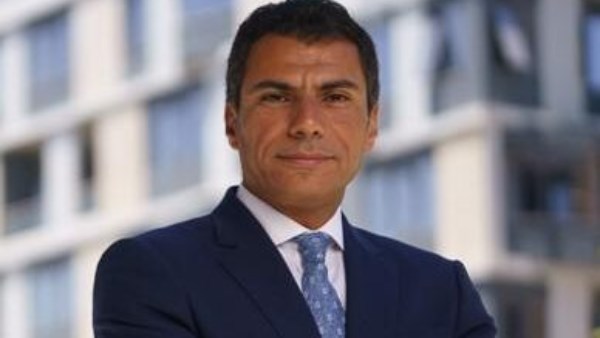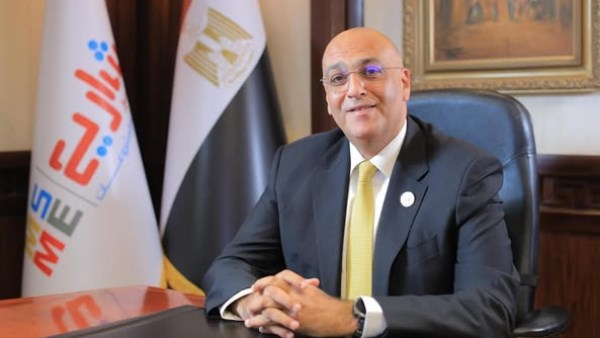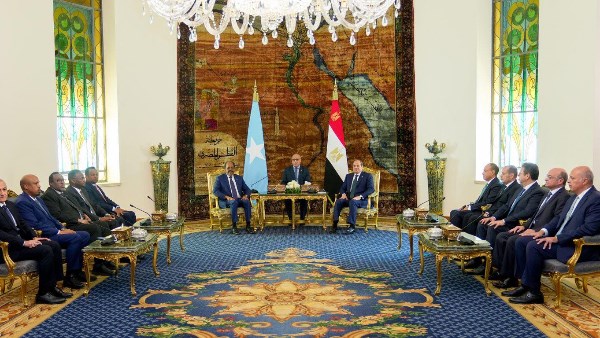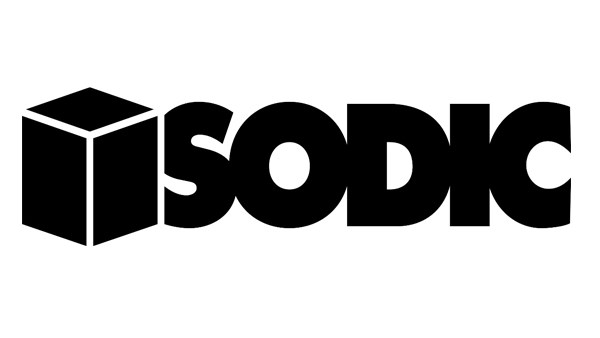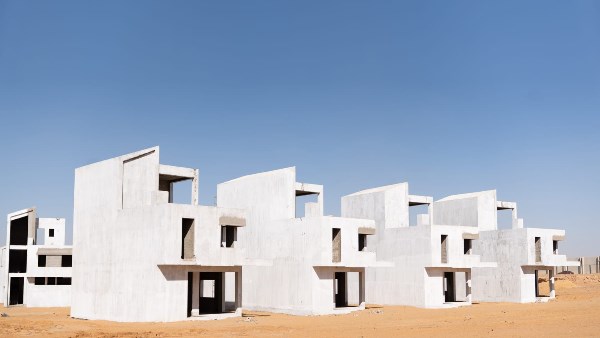
A quarter-point cut would take the ECB's deposit facility rate, its key rate, to 2.25%
Tariffs clear the way for European Central Bank interest rate cut

The European Central Bank is widely expected to trim interest rates for the third time this year as global tariff tensions and uncertainty threaten the euro zone's economic growth.
As of Wednesday, markets were last pricing in a roughly 94% chance of a quarter-point interest rate cut from the central bank and a close to 6% likelihood of a larger, 50-basis-point reduction according to LSEG data.
A quarter-point cut would take the ECB's deposit facility rate, its key rate, to 2.25% — down from a high of 4% toward the middle of 2023.
The series of relatively fast-paced interest rate cuts have played out as inflation in the euro area has consistently sat below 3%, recently closing in on the ECB's 2% target. Regional economic growth has meanwhile been lackluster.
When the central bank last cut rates in March, it tweaked its language around monetary policy, which it said was "becoming meaningfully less restrictive." In January, the ECB had still characterized monetary policy as "restrictive."
The shift in language was interpreted by some economists as a signal that policymakers were becoming more careful about taking interest rates further lower, stoking questions whether a pause to the monetary easing cycle could lie ahead. But the global trade and tariff roller coaster of the last few weeks has somewhat shifted this view.
Tariff-triggered growth fears
"After the March meeting, the ECB seemed set for a pause at the next meeting. With interest rates at the upper end of the range for neutral interest rates estimates, taking a breather looked appropriate," Carsten Brzeski, global head of macro at ING, said in a note Monday.
"Particularly as the europhoria after the German fiscal u-turn and strong European intentions to spend more on security and defence had clearly improved the eurozone's growth outlook. However, since 'Liberation Day', a pause is no longer an option," he said, suggesting that global tariff policies have prompted renewed concerns about euro area growth.
And so, the "ECB is forced to cut," Brzeski assessed.
Many of the announced tariff plans from the U.S., along with retaliation measures revealed by Washington's trading partners, have been put on hold or reduced — at least temporarily — since they were first imposed earlier this month by President Donald Trump. But the outlook for trade, tariffs, and the potential macroeconomic fallout are still murky, Ryan Djajasaputra, economist at Investec, indicated in a note.
"Uncertainty remains high and there is still no guarantee individual countries or the EU will be able to agree deals with the US. Nor is there certainty that the US President will not change his policies again in the future, such is the nature of the current environment," he said, suggesting this supported the case for an interest rate trim.





-1120252475029447.jpg)






